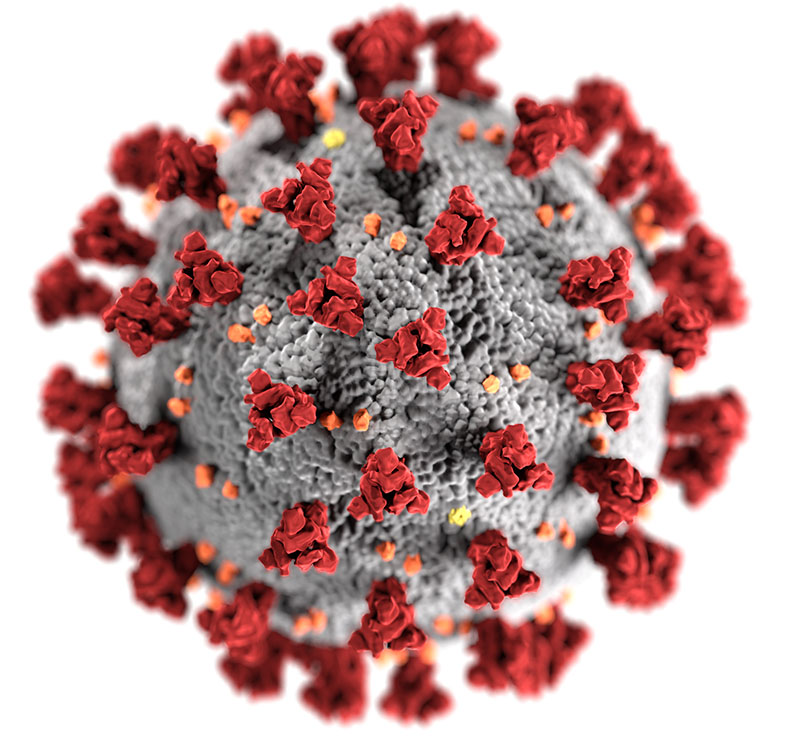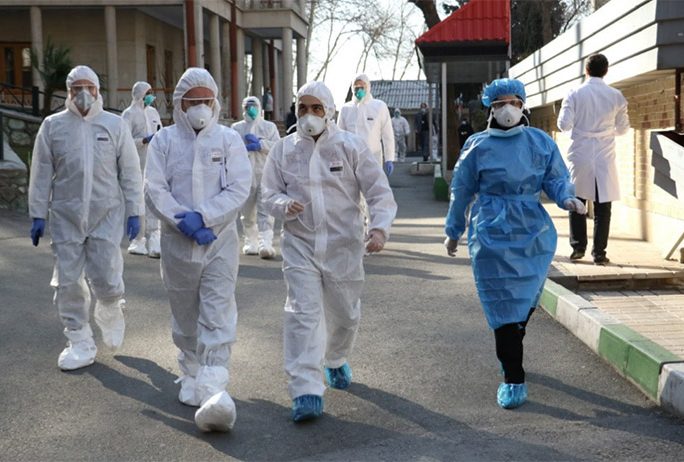corpFounder and CEO of Meta Platforms, Mark Zuckerberg, has made a noteworthy statement ahead of the upcoming Presidential Elections in the United States.
Reuters quoted Zuckerberg as writing in a letter dated 26 August admitting that senior officials in the Biden administration had pressured Meta to censor Covid-19 content during the pandemic, adding that he would push back if this were to happen again.
It comes after the United States and other countries targetted social media platforms during the pandemic, in order to stem the spread of misinformation about Covid-19 and the vaccines.

Censorship claims
Indeed in July 2021 President Biden had commented that Facebook was “killing people” due to Covid misinformation, but he soon backtracked to put the focus on a dozen users held responsible for spreading two-thirds of the fabrications in question.
Now in the letter dated 26 August 2024 to the judiciary committee of the US House of Representatives, Mark Zuckerberg wrote that he regretted not speaking up about this pressure earlier, as well as some decisions made around removing certain content.
“In 2021, senior officials from the Biden Administration, including the White House, repeatedly pressured our teams for months to censor certain Covid-19 content, including humour and satire, and expressed a lot of frustration with our teams when we didn’t agree,” Zuckerberg was quoted by Reuters as writing in the letter.
A copy of the letter was posted by the Committee on the Judiciary on its Facebook page.
“I believe the government pressure was wrong, and I regret we were not more outspoken about it,” Zuckerberg stated in the letter. “I also think we made some choices that, with the benefit of hindsight and new information, we wouldn’t make today.”
The White House and Meta did not respond to a Reuters request for comment outside US business hours.
Free speech?
The letter was addressed to Jim Jordan, the Republican chairman of the committee. In its Facebook post, the committee called the letter a “big win for free speech” and said that Zuckerberg had admitted that “Facebook censored Americans”.
In the letter, Zuckerberg also stated he would not make any contributions to support electoral infrastructure in this year’s presidential election so as to “not play a role one way or another” in the November vote.
During the 2020 Presidential election, Mark Zuckerberg via the Chan Zuckerberg Initiative had contributed $400 million to support election infrastructure, a move that prompted criticism and lawsuits from some groups that alleged the move was partisan.
Pandemic origin, conspiracy theories
Social media platforms had faced many accusations of spreading misinformation about the pandemic and the vaccine, as most of the world endured multiple lockdowns in 2020 and 2021, after the virus had first been detected in China in December 2019.
Facebook for its part had said it would remove claims about Coronavirus that have been proven to be false by medical experts.
It said it wanted to keep people safe and informed about Covid-19, and part of that is removing false claims about Coronavirus vaccines, amid concern about the high numbers of people in the US refusing the vaccine.
Then Facebook posts of Covid-19 allegedly leaking from a ‘Wuhan lab’ were labelled as ‘conspiracy theory’, after Facebook in April 2020 had clamped down on what it deemed ‘harmful misinformation’.
The prevailing theory at the time had been that Covid-19 had begun, when it jumped from bats to humans in China, after the first cases had first appeared in a Wuhan fish market in China, but some pointed this was near to Wuhan Institute of Virology.
In May 2021 Facebook reversed its stance and said it would no longer take down posts claiming that Covid-19 was man-made or manufactured.
Researchers from the World Health Organisation (WHO) had initially concluded that the virus was likely to have originated naturally.
But after China heavily restricted access to the Wuhan Institute of Virology during a visit to the region, Dr Tedros Adhanom Ghebreyesus, director-general of the WHO, said that the Wuhan visit was inconclusive, adding that ‘all hypotheses are open’ and warranted future study.
However the prevailing thinking now is still that the virus was derived from a bat-borne virus and most likely was transmitted to humans via another animal in nature, or during wildlife trade such as that in food markets.





